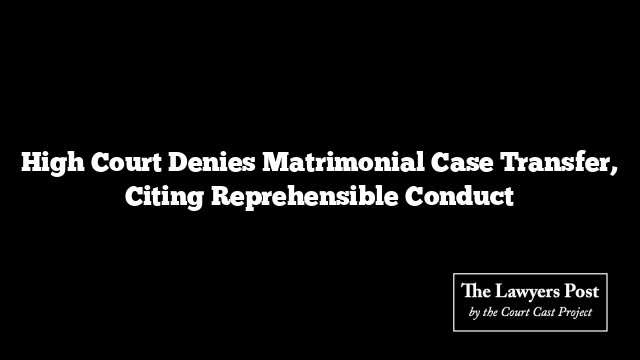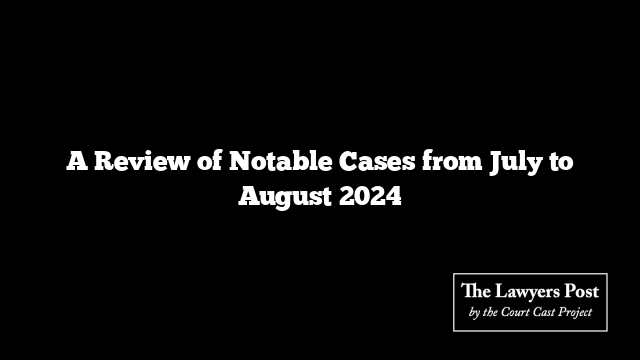In a significant ruling, the Punjab and Haryana High Court has rejected a woman’s request to transfer her matrimonial case, citing her questionable conduct. The court’s decision highlights the importance of evaluating a party’s behavior in such cases.
The case revolves around a woman seeking to move her husband’s petition—filed under Section 11 of the Hindu Marriage Act, which deals with void marriages—from a family court in Jhajjar to one in Rupnagar. Her plea was based on the logistical challenge of traveling 350 kilometers from her home, where she resides with her elderly parents.
However, the court unearthed a troubling aspect of the woman’s past. It was revealed that she had been previously married and had not divorced her first husband before marrying her current spouse. Her current husband discovered this fact only after finding documents related to her earlier marriage.
The court noted that the woman had pursued ongoing litigation with her first husband, including a cruelty case, while concealing this information from her current husband. Additionally, she had secured a financial settlement of ₹5.15 lakhs in her divorce from the first husband.
Justice Archana Puri’s ruling underscored that while a woman’s convenience is a factor in transfer petitions, it must be weighed against her conduct. The court found her actions to be “reprehensible” and motivated by financial gain, leading to the dismissal of her transfer request.





